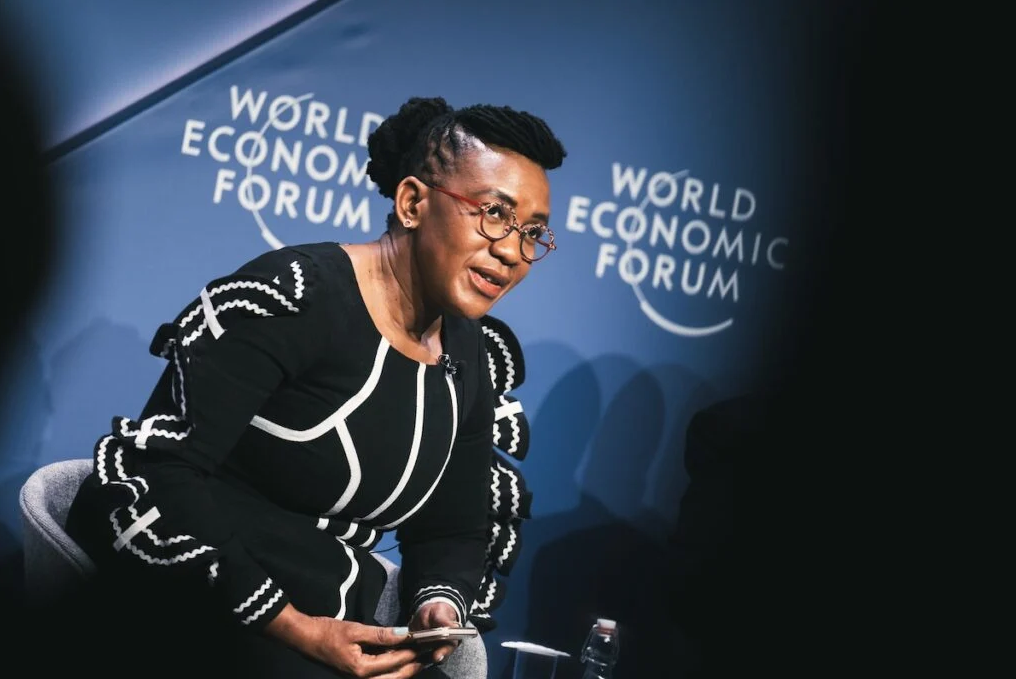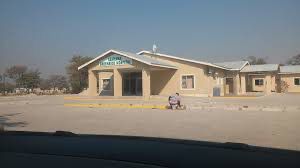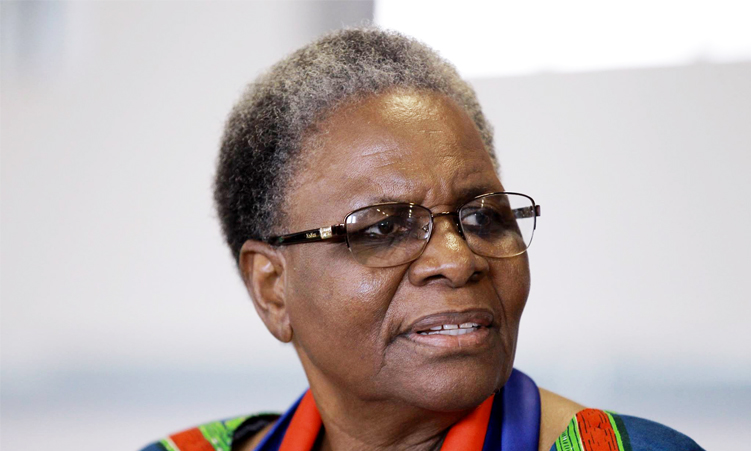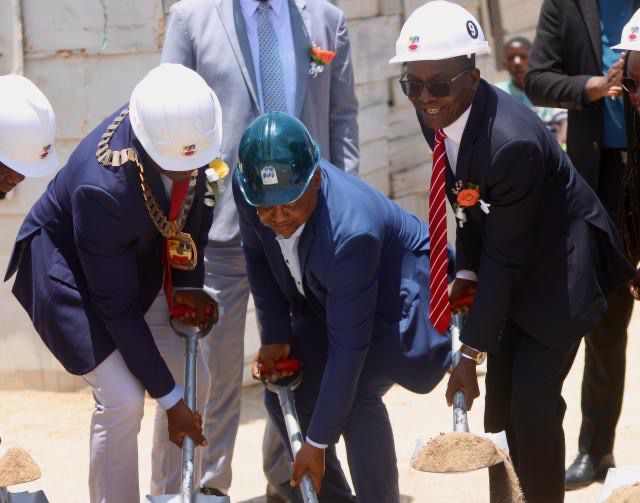Mary Vilakazi is the new Group Chief Executive Officer of FirstRand – South Africa’s largest bank by market cap.
Last year, FirstRand announced that then-CEO Alan Pullinger would step down as group CEO and be succeeded by Vilakazi, who was the group’s chief operating officer (COO), on 1 April 2024.
As one of three FirstRand executive directors, Vilakazi worked closely with Pullinger on strategy execution and successfully led a number of key growth and diversification strategies.
“Vilakazi is close to the strategies and operations of the underlying portfolio of businesses through her membership of the executive committees and advisory boards of the operating businesses. As the CEO of the corporate centre, she has oversight of the key central functions of risk, compliance, treasury and audit,” FirstRand said at the time of the announcement.
Her promotion to CEO was part of a massive leadership overhaul, during which several high-ranking executives took on new roles.
FirstRand CFO Harry Kellan became FNB CEO, replacing Jacques Celliers, who became an executive responsible for FirstRand’s fintech strategy.
Vilkazi joined FirstRand as COO in 2018 after serving as Chief Financial Officer and deputy CEO at Momentum Metropolitan Holdings.
In terms of education, she received a Bcom Honours from the University of Witwatersrand, where her husband Zeblon is now the vice-chancellor, and is a Chartered Accountant.
Vilikazi’s position makes her the first black woman to lead the group, which has a market cap of R443 billion.
For context, Standard Bank is second, with R361 billion in market cap and the largest bank in South Africa in terms of assets under management.
Capitec, South Africa’s largest bank by customer numbers, comes in third, with a market cap of R317 billion.
However, FirstRand’s title as the biggest bank is most certainly deserved: the group is an exceptionally large company that houses FNB, RMB, Wesbank, Ashburton Investments, DirectAxis, MotoVantage in South Africa, and the UK-based Aldermore and MotoNovo.


Where next
Speaking earlier this year, Vilakazi said that the group is looking to purchase other African banks in countries where it operates as it seeks to expand.
Potential targets also include financial services outside of traditional banking.
“Maybe there are other ways in which we can participate in financial services without necessarily setting up branches and having a banking license,” Vilakazi previously said.
However, she said the challenge is finding possible targets at a reasonable price.
Although FirstRand already has units in West and Southern Africa, it is also looking to establish itself in the nations to the East of the continent, including Kenya.
With South African growth only expected to be around 1% in 2023, many South African banks, including Standard Bank and Nedbank, are looking to the rest of the continent to capitalise on the rapid economic growth.
Despite the country’s energy and logistical challenges, Vilakazi said that the nation’s prospects for the next decade are brighter.
Speaking before the 2024 national and provincial election, she said that it was important that the government knows it can’t stay in power without delivering
“For a democracy, we need to get to a place whereby a party knows that if they don’t deliver, they can lose an election,” Vilakazi said.
The election “might be muddy, it might be noisy, but I think that’s how we start strengthening our democratic muscle.”
Markets have since responded positively to the results of the election, with the ANC losing its majority in parliament for the first time in the democratic era and forming a Government of National Unity (GNU) with 10 other parties, including the market-friendly DA and IFP.
South African assets, including equities and bonds, have been buoyed. FirstRand’s share price increased by 18% in June alone—the fourth-best increase on the JSE.
Stay informed with The Namibian – your source for credible journalism. Get in-depth reporting and opinions for
only N$85 a month. Invest in journalism, invest in democracy –
Subscribe Now!






